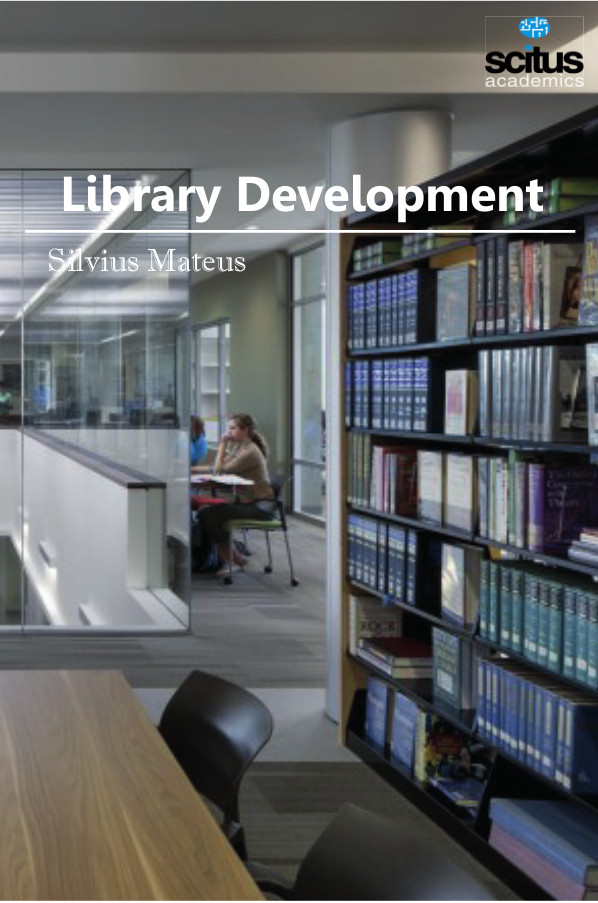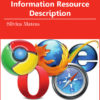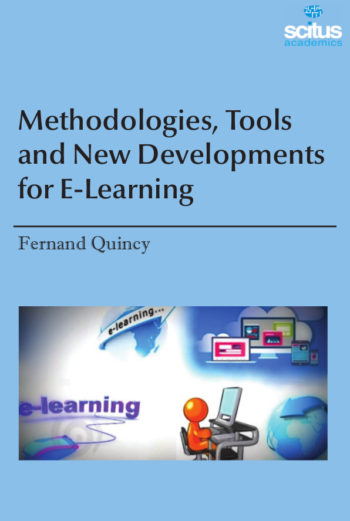Library development is the process of meeting the information needs of the people (a service population) in a timely and economical manner using information resources locally held, as well as from other organisations. A library is a collection of sources of information and similar resources, made accessible to a defined community for reference or borrowing. It provides physical or digital access to material, and may be a physical building or room, or a virtual space, or both. A library’s collection can include books, periodicals, newspapers, manuscripts, films, maps, prints, documents, microform, CDs, cassettes, videotapes, DVDs, Blu-ray Discs, e-books, audiobooks, databases, and other formats. Library development provides leadership, grants, and other assistance to libraries, archives, and literacy communities to improve services. It includes development of programs and facilities; administers funds for improvement of services; conducts on-site visits; writes proposals and collaborates with local, state and federal agencies to develop and implement programs; collects, compiles and disseminates statistics; supports training opportunities for local staff and trustees; publishes directories; newsletters, plans and brochures; and facilitates statewide planning efforts.
Library Development presents comprehensive overview to reflect the increasing integration of library, information center, records, information technology and telecommunications management, this book takes an integrated approach to managing the modern information center.













